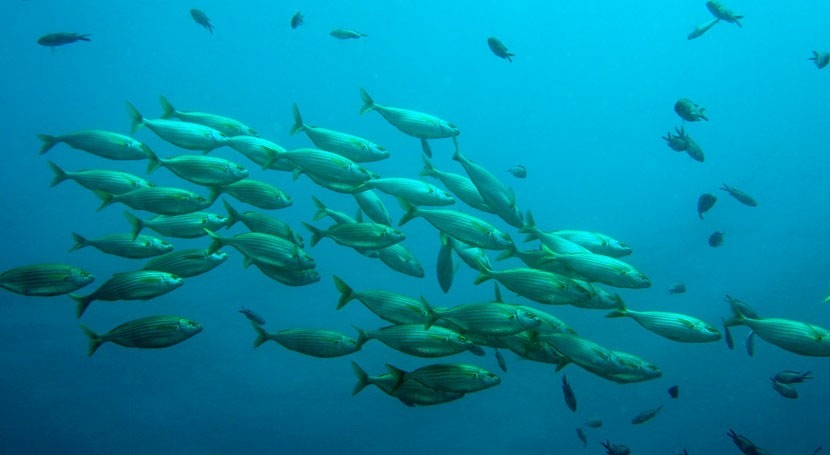A new aquaculture management guide, Best Practices for Aquaculture Management: guidance for implementing the ecosystem approach in Indonesia and beyond, from Conservation International, Sustainable Fisheries Partnership (SFP), and the University of California Santa Barbara's Sustainable Fisheries Group, provides guidance on best practices for seafood farmers seeking the most environmentally sustainable operations.
The guide makes actionable a set of best practices in zonal aquaculture management as suggested in the Food and Agriculture Organization's Ecosystem Approach to Aquaculture: 1) spatial planning and zoning, 2) waterbody carrying capacity limits, and 3) aquaculture disease management areas. The guidance applies to seafood farming worldwide and uses Indonesia as a case study for implementation.
"Typically, aquaculture development and management have largely focused on siting, licensing and monitoring at the farm level," the guide's authors wrote in an executive summary. "This perspective fails to acknowledge that aquaculture industries are dependent on public resources (namely water and space) and are tightly coupled to the surrounding ecosystems in which they operate. Even if a farm is operating at the highest level of performance, it is at risk if neighboring farms or industries have poor environmental practices."
Other actionable recommendations from the guide apply for both industry and government institutions that set policies in areas where seafood farms operate such as in Indonesia where the guide has been well received. Supply chain stakeholders are encouraged to work more closely with farmers and governments to initiate and support coordinated management practices to reduce environmental impacts and disease risks.
"SFP has been promoting a zonal approach to aquaculture for more than five years," said Anton Immink, SFP's Aquaculture Director. "This guide is a new way of not only sharing the importance of zonal management, but also providing clear, actionable recommendations for implementation."
Dean of the Faculty of Fisheries and Marine Sciences of Padjajaran University Yudi Nurul Ihsan, Ph.D said "this guide could be used as a model for fisheries development in the future." Yudhi, who was also involved in preparing this guide, said, "Aquaculture will save Indonesia's national economy as well as the local economy because it absorbs labor, alleviates poverty and supports Indonesia's food security."
Conservation International, SFP, and partners are now working to pilot the implementation of these best practices in the shrimp aquaculture industry in Indonesia. The pilot project is expected to help the industry produce more seafood, with fewer disease losses and negative environmental impacts.




